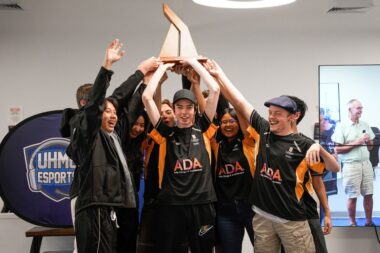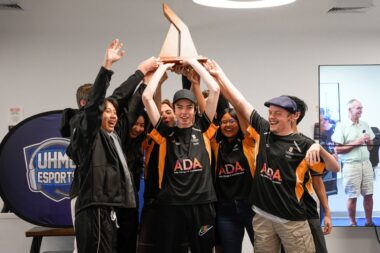A new report by the Institute for Sustainable Futures (ISF) at the University of Technology Sydney, in collaboration with the Australian Energy Market Operator (AEMO) shows Australia's electricity sector is poised for significant job growth but warns of potential skills shortages that could threaten the transition to a clean energy future. The study was facilitated by the RACE for 2030 Cooperative Research Centre (RACE for 2030).
Electricity sector jobs are forecast to double by 2029, an increase of 33,000 in just 5 years in the most likely scenario of the 2024 Integrated System Plan (ISP).
The majority of these new jobs will be in renewable energy, with wind, solar, and battery storage leading the charge. The report highlights the growing importance of operations and maintenance roles, which are expected to account for 65% of the electricity sector workforce by 2033.
The rapid expansion of the renewable energy sector will see a significant strain on the labour market. The report identifies several key challenges, including:
-
Skills shortages: the demand for a range of skilled workers, including electricians, mechanical trades, and engineers will increase significantly, potentially causing project delays. The renewable energy sector currently invests very little in skills development and training, as noted by Jobs and Skills Australia in a recent report .
-
Boom-bust cycles: caused by the construction-heavy nature of renewable energy projects will see a highly variable workforce with a risk of boom-bust cycles. This reduces national, regional and local opportunities as it becomes much harder to train and retain a stable workforce.
-
Regional challenges: Many renewable energy projects are located in remote areas, which will be competing for labour with infrastructure projects in big cities.
"The transition to a clean energy future presents a huge opportunity for Australia, both in terms of job creation and economic growth," said Jay Rutovitz, Chief Investigator for the project. "We need to act now to address the potential skills shortages to make sure we can deliver this transition and realise the benefits."
The report makes several recommendations to address these challenges, including:
-
Smoothing the development pipeline: The Federal and State governments should implement policies for a smoother development of renewable energy projects over time.
-
The Australian Skills Guarantee for 1-in-10 workers on publicly funded projects to be apprentices or trainees should be extended to cover all energy infrastructure involving public finance or procurement.
-
The energy sector needs to attract a more diverse workforce, including more women and First Nations people.
"The findings highlight the critical need for a proactive approach to workforce development in the renewable energy sector. The report underscores the urgent need for collaboration between industry, government, and training providers to ensure we have the skilled workforce required to deliver the ISP and achieve a clean energy future for Australia," said Genevieve Simpson, Program Leader at RACE for 2030. "
The workforce needed to deliver the energy transition is even larger than identified in this report, with the workforce required for so-called ‘behind the meter’ transitions, like energy efficiency and electrification, poorly researched but potentially contributing hundreds of thousands of additional jobs by 2030. Understanding more about this workforce is critical considering its overlap with occupations already identified as in short supply, such as electricians and engineers.
The report calls on the federal government, AEMO, and other stakeholders to take immediate steps to address the skills gap and unlock emissions reduction opportunities. By investing in training, streamlining the development process, and promoting diversity in the energy sector, Australia can build a skilled workforce that will power its clean energy future.
The full report and individual state reports are available at: https://racefor2030.com.au/project/australian-electricity-workforce-for-the-2024-integrated-system-plan
About us:
About RACE for 2030 CRC
The Reliable Affordable Clean Energy for 2030 Cooperative Research Centre (RACE for 2030) is a 10-year, $350 million Australian research collaboration involving industry, research, government and other stakeholders. Its mission is to drive innovation for a secure, affordable, clean energy future.
See racefor2030.com.au for more information.
Contact details:
Jay Rutovitz is available for interview (GMT+1).
-
[email protected] or +44 (0) 7852 242 688
For media requests, please contact:
-
Ha Bui: [email protected] or 0401 084 636



